Picture
Your Present Location: HOME> PictureRDCY releases research report on US Indo-Pacific strategy and China's countermeasures
On August 13th, a research report themed " Hedging and Wedging: Logic of the US Indo-Pacific Strategy and China's Countermeasures" was released at the Chongyang Institute for Financial Studies at Renmin University of China (RDCY). Several experts in international relations attended the launch ceremony and had an in-depth discussion on the value of the report, US global and regional strategy in the Trump era, and the direction of Sino-US relations.
Wang Wen, the executive dean of RDCY, gave a introductory speech at the beginning of the ceremony. He pointed out that future research on the United States needs to focus more on investigation research and comparative research to improve the accuracy of our judgment.
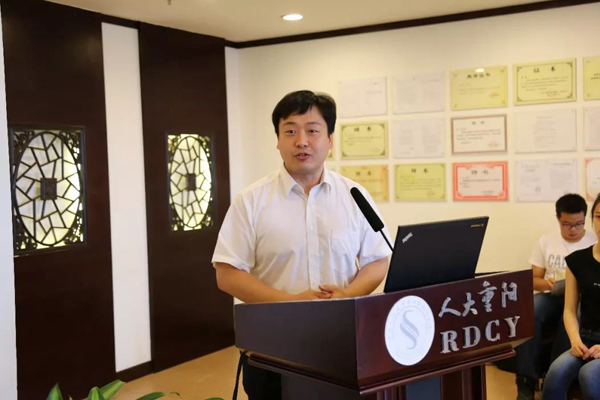
Wang Peng, an associate researcher at the RDCY
Then Wang Peng, an associate researcher at the RDCY, elaborated the report. He briefly introduced the background, goals, means, and backbone strength of the US "Indo-Pacific" strategy and gave an in-depth analysis of its internal logic and strategic essence. He said that the core of the strategy is to use the two strategies of"hedging" and "wedging" together.
The Hedging, in general terms, is "double-sided betting". On the economic front, it maintains trade with China, on the other hand, it suppresses Chinese exports by trade disputes, thereby reducing the deficit; at the same time, it uses technological blockade to deter China's scientific and technological progress and industrial upgrading. In terms of security, on the one hand, maintaining contact and negotiation, and avoiding war between major nuclear powers; on the other hand, strengthening alliances with the countries such as Japan, India, and Australia to balance and weaken China.
The Wedging is a mean that stirring up trouble between China and other countries. By strengthening the inherent contradictions between China and other major countries surrounding the Indian Ocean, or invoking new disputes, The US has encouraged them to counter China to reduce US strategic pressure and economic burden, and make them more depend on US in security and politics, thereby strengthening US influence and leadership.
RDCY report gave policy recommendations based on the above analysis. Enhancing the discourse power and participating in the "Indo-Pacific" relations construction with Chinese concept of A Community of Shared future for Mankind; upgrading Chinese industry and optimizing the domestic governance structure; focusing on the surrounding relations, uniting ASEAN and controlling disputes between Japan, India, Australia and other major countries; Breaking through the outsider relations, strengthening strategic cooperation with Russia, Iran and other countries; and building a new "Belt and Road" global cooperation network. Thus creating chances for China to change current situation.
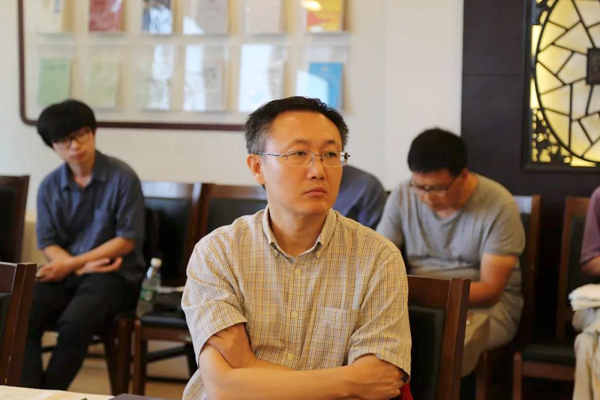
Wang Wenfeng, researcher of China Institute of Contemporary International Relations
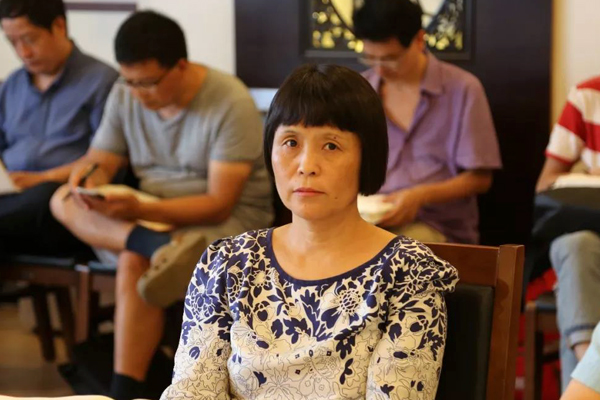
Wei Hongxia, researcher at the American Institute of Chinese Academy of Social Sciences
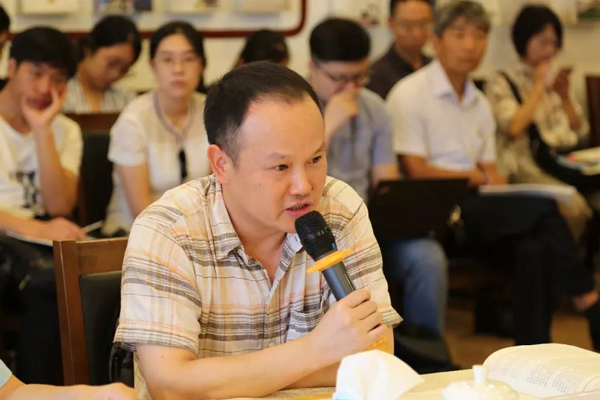
Yin Jiwu, professor of School of International Studies at Renmin University of China
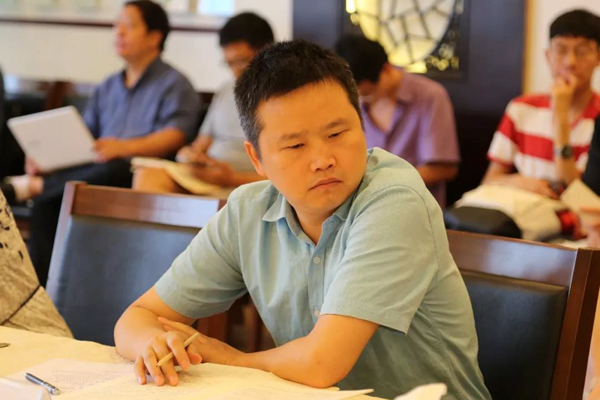
Long Xingchun, director of the Center for Indian Studies at China West Normal University
In the subsequent discussion session, the experts had a heated discussion. They fully affirmed the value of the report, and believed that it combined the theory and policy, and strengthened the persuasiveness and conclusion of the argument. The report also comprehensively applied theories such as double-layer game and neoclassical realism to conduct research. On the basis of reviewing the latest results, a more perfect framework has been set up, which clearly outlines the overall logic and means of US to promote the "Indo-Pacific" strategy, and proposes more innovative countermeasures from the perspective of think tanks. At the same time, the experts also expressed their new perspectives and made actionable suggestions for further revision and improvement of the report.
The experts who attended the ceremony included Wang Wenfeng, researcher of China Institute of Contemporary International Relations, Wei Hongxia, researcher at the American Institute of Chinese Academy of Social Sciences, Yin Jiwu, professor of School of International Studies at Renmin University of China, Long Xingchun, director of the Center for Indian Studies at China West Normal University, Jia Jinjing, director of Macro Research Department of RDCY, Chen Xiaochen, director of the International Studies Department of RDCY and Chen Chenchen, deputy director of the Macro Research Department of RDCY.























































































 京公网安备 11010802037854号
京公网安备 11010802037854号





